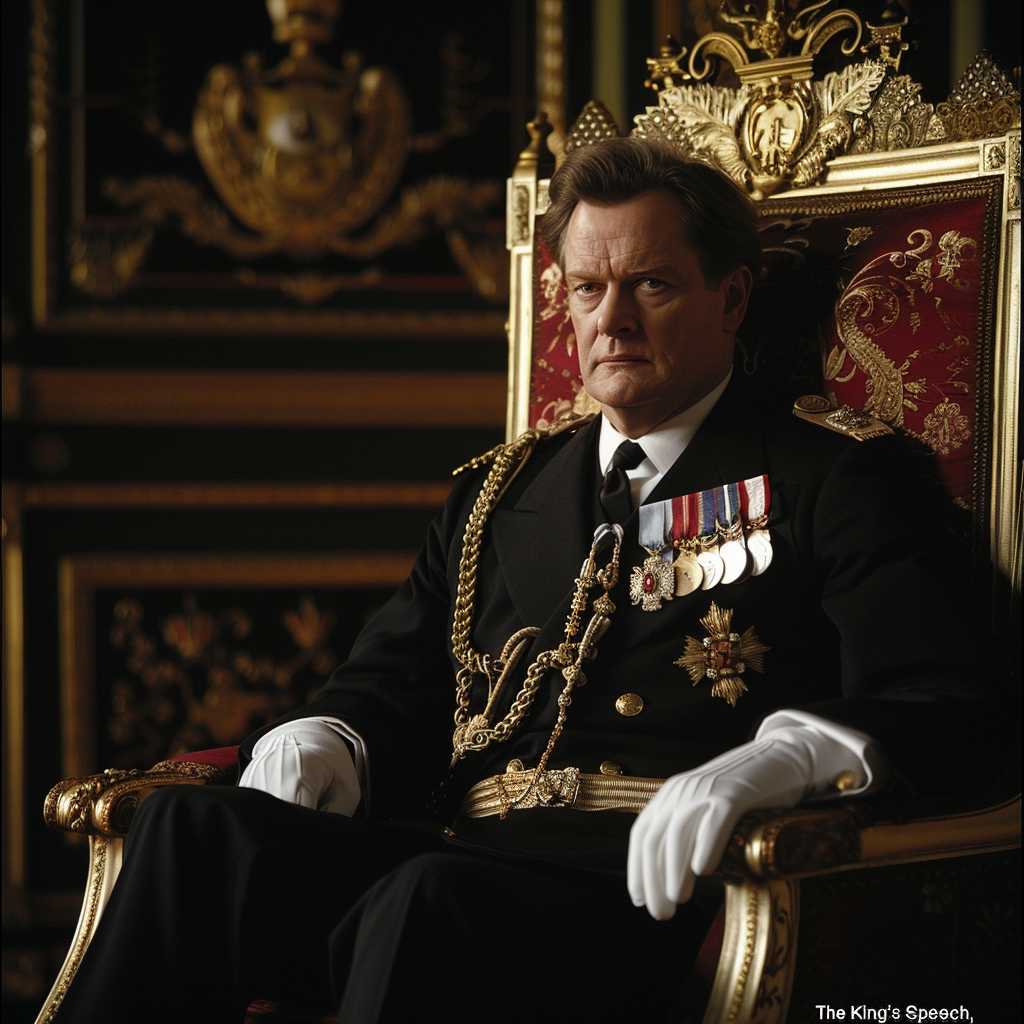The Enduring Legacy of David Seidler: Master Storyteller and Oscar-Winning Screenwriter
David Seidler has carved out a prestigious place in the annals of screenwriting through his eloquent storytelling and his ability to transform personal experiences into compelling cinematic narratives. Seidler’s most well-known work, the Oscar-winning screenplay for “The King’s Speech” (2010), not only solidified his status as a master of the craft but also highlighted his capacity to weave historical facts with a deeply human touch. His journey from a struggling writer to an Academy Award-winner is a testament to perseverance and creative passion in the world of entertainment.
Early Life and Inspiration
David Seidler was born in London, England, on 1937. As a child, he struggled with a stammer. This personal challenge later became a central theme in his most famous work. His family moved to the United States after World War II, and he eventually majored in English at Cornell University. After graduating, Seidler’s eclectic career began with varied writing jobs, including a spell at writing for animated television shows.
Creative Journey in Screenwriting
Seidler’s journey toward screenwriting success was not immediate. He worked on numerous projects across stage, television, and cinema which contributed to his honing his skill in dialogue and character development. However, it was not until later in his life that he achieved grand recognition. Before “The King’s Speech,” Seidler wrote scripts for movies such as “Tucker: The Man and His Dream” (1988) and “Malice in Wonderland” (1985), showcasing his versatility and persistent dedication to storytelling.
The Success of “The King’s Speech”
“The King’s Speech” marks the pinnacle of Seidler’s career. The screenplay, which took many years to complete, is based on the true story of King George VI who, with the help of speech therapist Lionel Logue sought to overcome his stammer—a story that closely mirrored Seidler’s own struggles with speech. The film was directed by Tom Hooper and starred Colin Firth as King George VI, whose performance earned him an Academy Award for Best Actor. However, beyond the stellar performances and direction, it was Seidler’s masterful writing that received the highest accolades—his Oscar for Best Original Screenplay being the crown jewel among them.
Themes and Impact on Society
David Seidler’s works often investigate themes of self-acceptance and the triumph of the human spirit. By injecting his personal narrative into “The King’s Speech,” he lent authenticity to the film which resonated powerfully with audiences around the globe—encouraging those who grapple with similar challenges and affirming the notion that personal hurdles can be overcome. This humanization of historical figures renders them accessible, fostering empathy and understanding across societal divides.
Recent Works and Continuing Influence
Following “The King’s Speech,” Seidler continues to actively engage in the craft of screenwriting. His continuous contributions to film and theatre ensure that his impact on entertainment is enduring.
Notes
Image Description: A promotional still from “The King’s Speech,” featuring Colin Firth as King George VI seated regally, yet appearing contemplative and human—the embodiment of David Seidler’s emotionally impactful storytelling meshed with historical narrative.
